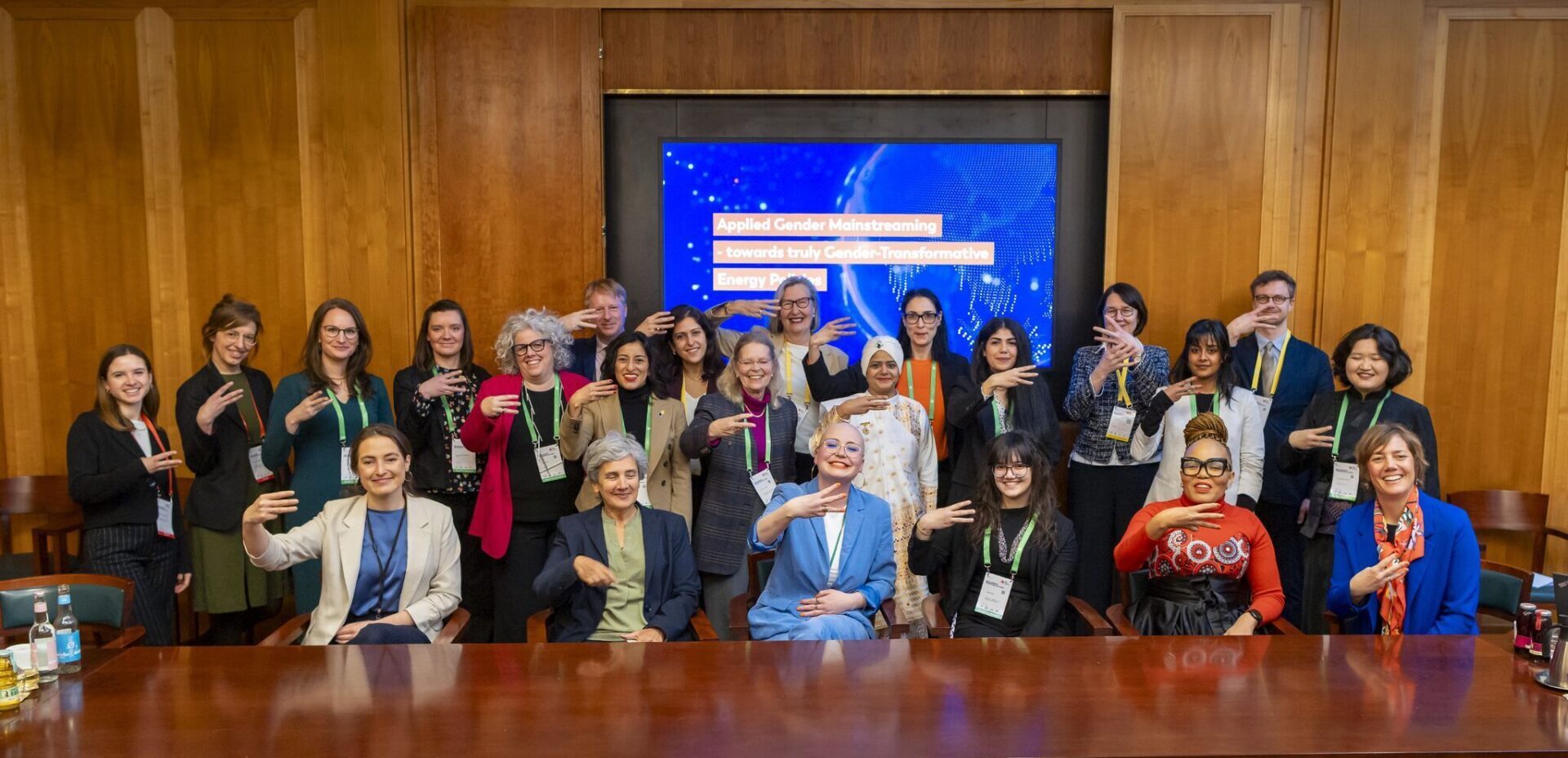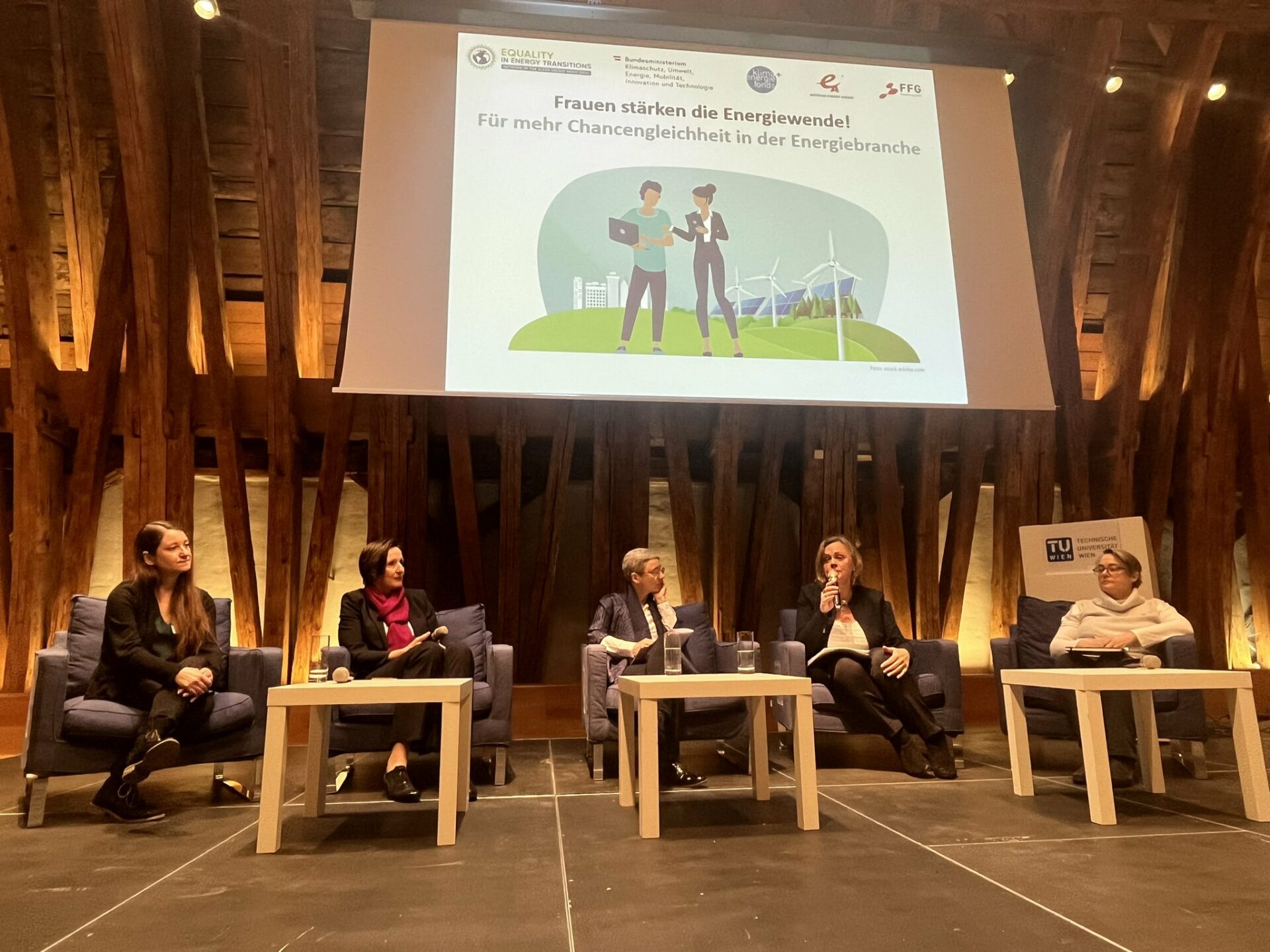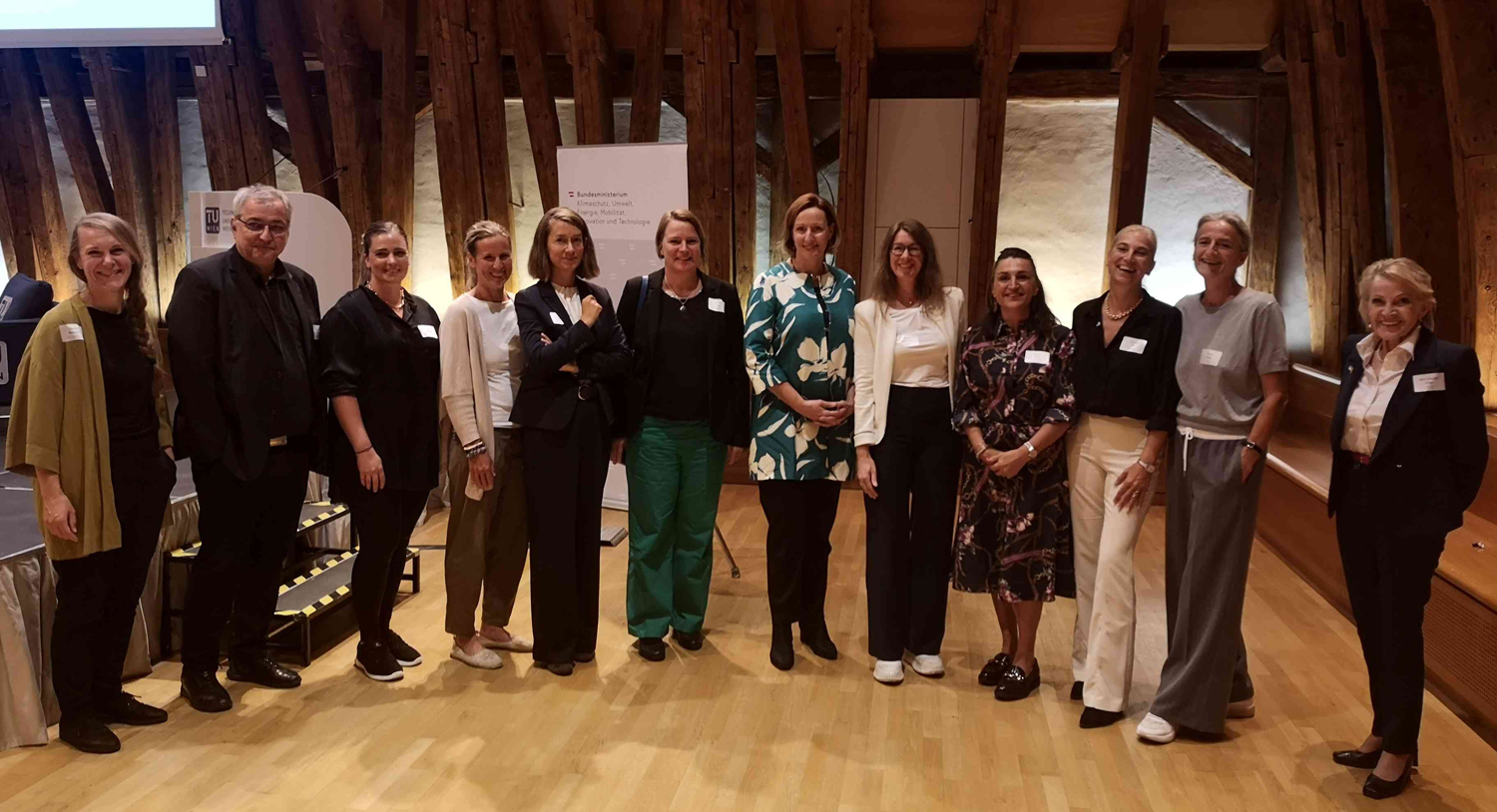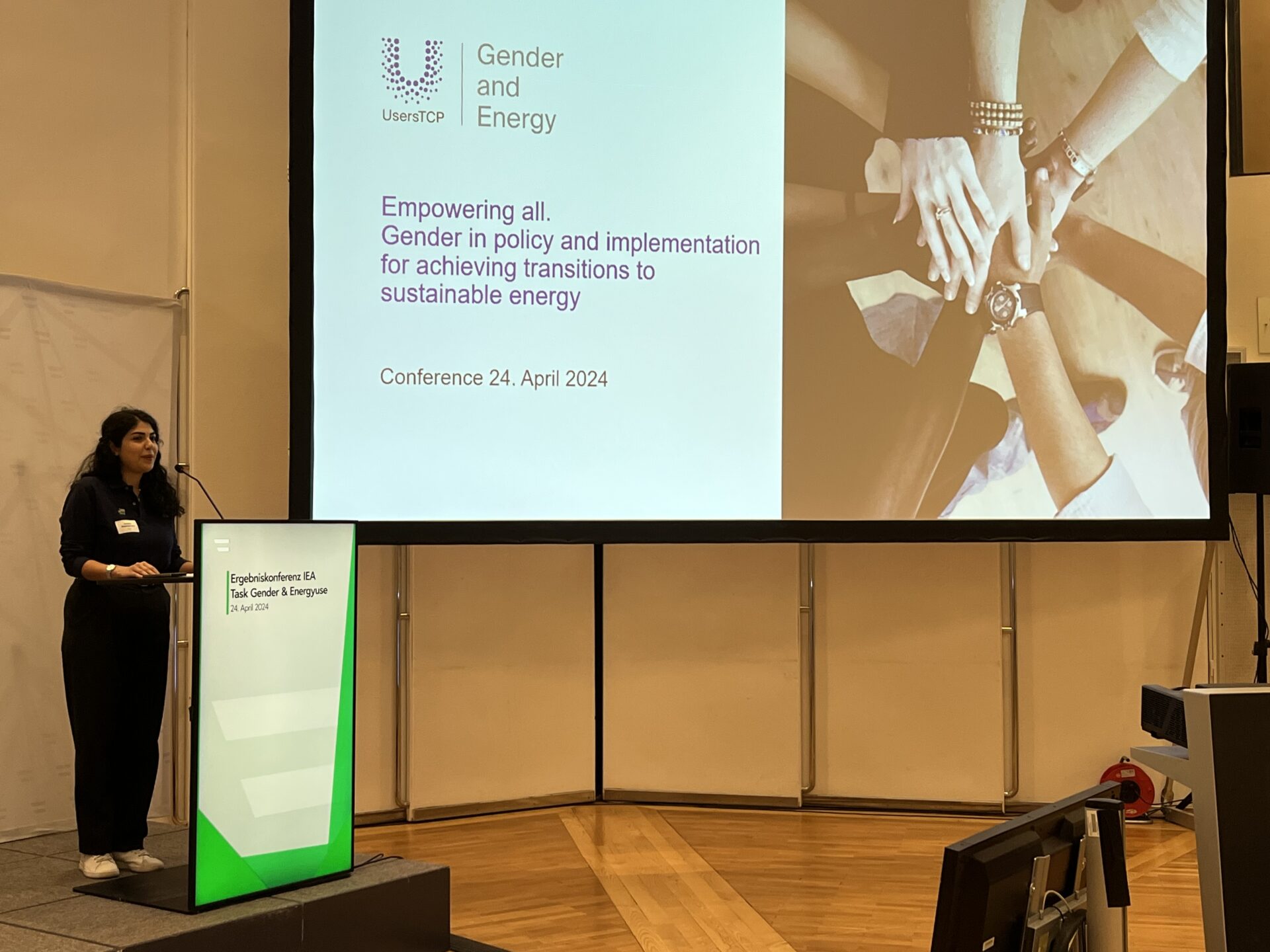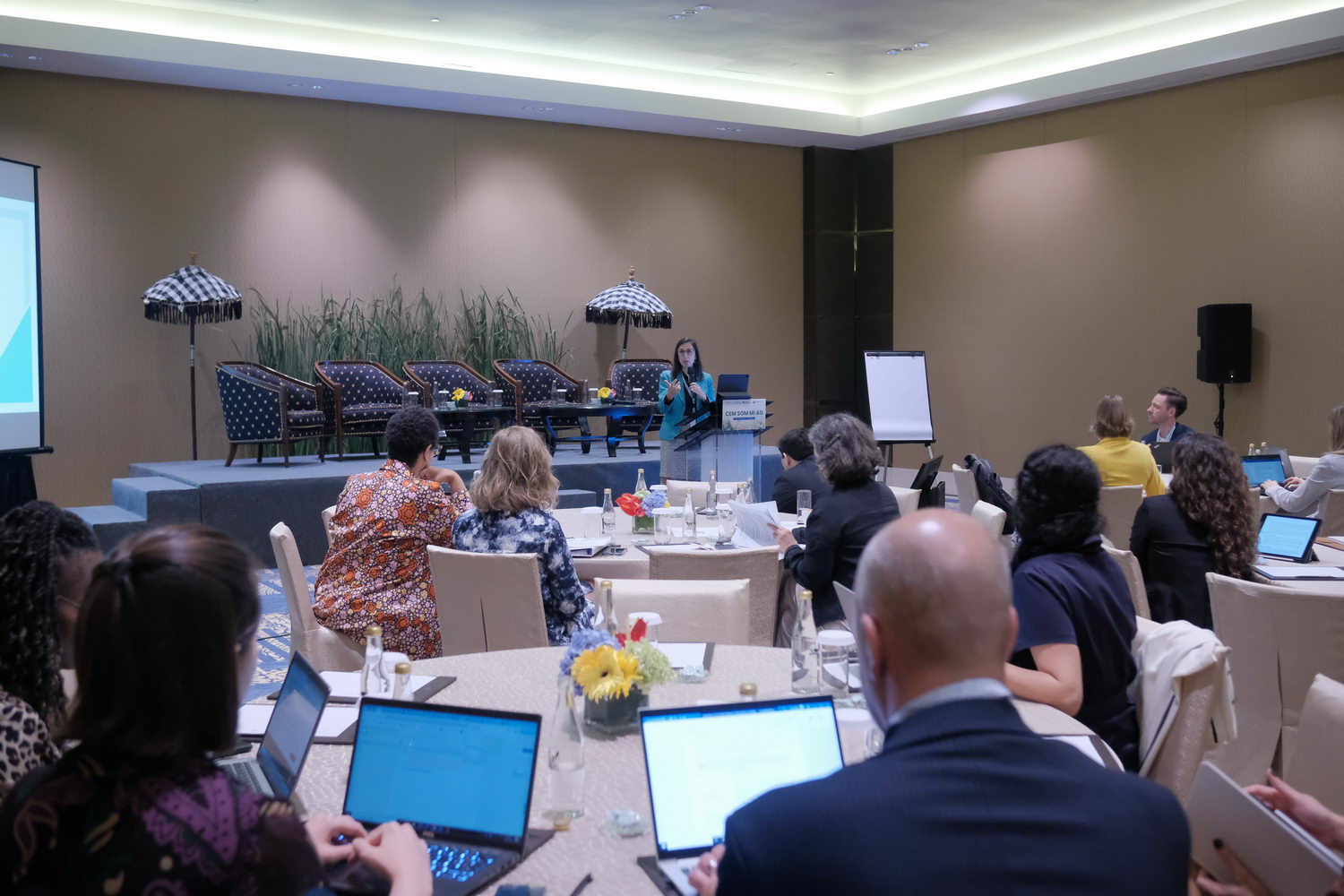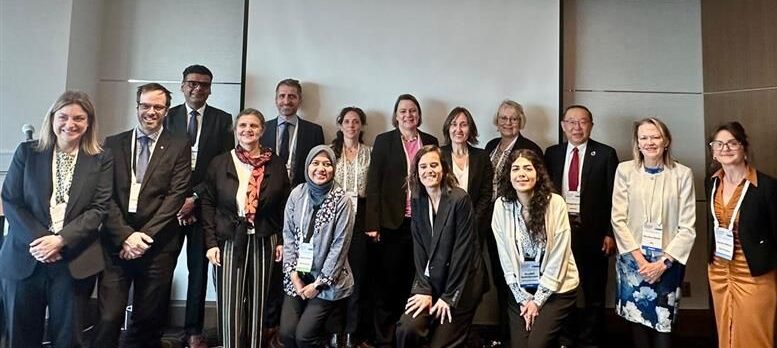
On April 11th, 2025, the Equality in Energy Transitions Initiative hosted a powerful and insightful technical session as part of the Clean Energy Ministerial (CEM) Senior Officials’ Meeting (SOM) and Mission Innovation (MI) Annual Gathering (AG) in Seoul, Republic of Korea. The session brought together diverse voices from international organizations, governments, and energy leaders to spotlight the essential role of gender equality, diversity, and inclusivity (GEDI) in accelerating a just energy transition.
Moderated by Azadeh Badieijaryani, Secretary of the Equality Initiative and Scientific Project Manager at ÖGUT, the session began with a welcome by Jean-François Gagné, Head of the CEM Secretariat, who energized participants and encouraged higher ambitions for embedding inclusivity in global energy action. This was followed by Mary Burce Warlick, Deputy Executive Director of the International Energy Agency (IEA), who delivered opening remarks highlighting the IEA’s ongoing commitment to advancing gender equality and inclusivity in energy transitions. She emphasized the critical role of evidence-based and robust policy frameworks in ensuring equitable energy access and governance that truly reflect the needs and realities of all communities.
Sabine Mitter, Vice-Chair of the Equality Initiative and Energy R&D Policy Advisor at the Austrian Ministry of Innovation, Mobility and Infrastructure, presented the achievements of the Initiative and introduced the “Implementing Inclusivity Framework,” developed jointly with the Mission Innovation Inclusivity Catalyst. Launched at CEM15/MI-9, the framework is built around four guiding pillars—REFLECT, REPRESENT, REINFORCE, and REFINE—and offers actionable recommendations for embedding GEDI principles into the design and planning of CEM and MI activities and events. This framework seeks to transform institutional culture and ensure equitable representation and participation in the clean energy transition.
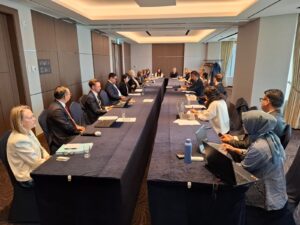
The session featured a compelling segment with senior officials sharing concrete experiences and strategies for advancing GEDI in the energy sector:
K Powe, Mission Lead and Policy Analyst at Natural Resources Canada, spoke about MI Think Tank and the Inclusivity Catalyst, stressing the need for consistent monitoring and evaluation of the social impacts of emerging energy technologies. They highlighted the importance of beginning inclusive and participatory processes from the earliest stages of innovation design.
Hongpeng Liu, Director of Energy at the United Nations Economic and Social Commission for Asia and the Pacific (UNESCAP), emphasized the significance of regional collaboration in advancing Sustainable Development Goal 7. He underscored two key priorities: first, equitable access to clean cooking solutions, which affects over 1.2 million people in Asia—primarily women and children whose health and well-being are at risk; and second, women’s economic empowerment through job creation, awareness-raising, and equal opportunities. He shared that women currently make up 40% of his team, with a clear commitment to reaching gender parity.
Dr. Isabelle de Lovinfosse, Head of Regional Diplomacy at the Tara Climate Foundation, offered a rich overview of gender-inclusive energy initiatives across Southeast Asia. These included national STEM-focused programs in Bangladesh, entrepreneurship support through the New Energy Nexus in Indonesia, innovative collaborations between legal and business sectors in the Philippines to improve conditions, and Singapore’s efforts to foster leadership in STEM and attract young professionals to the energy sector.
An interactive dialogue segment allowed participants to engage with guiding questions, sparking a vibrant exchange of perspectives. Contributors from organizations including the European Commission, Germany and India shared successful cases and underscored the ongoing challenges in tracking gender impacts, improving data collection, and strengthening institutional accountability.
The session concluded with a collective commitment to translating the insights and shared experiences into tangible, high-impact deliverables for the next ministerial. Participants reiterated the importance of maintaining GEDI as a top priority in all energy interventions, reinforcing the principle that an inclusive energy transition is not only fairer but more effective—and that no one should be left behind.

